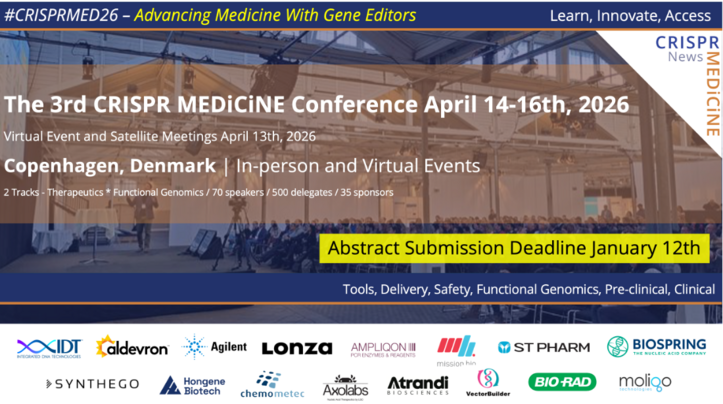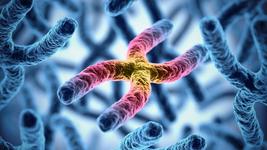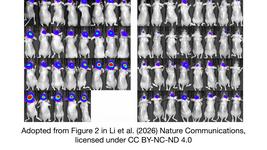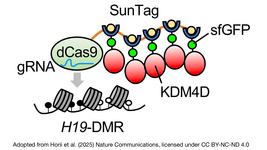Cancer's Weak Point Is Its Metabolism, CRISPR Reveals
CMN Intelligence - The World’s Most Comprehensive Intelligence Platform for CRISPR-Genomic Medicine and Gene-Editing Clinical Development
Providing market intelligence, data infrastructure, analytics, and reporting services for the global gene-editing sector. Read more...
Employing a CRISPR interference and activation (CRISPRi/a) screening platform, the researchers systematically identified crucial nutrient transporters that support cancer cell proliferation under different environmental conditions, including standard culture media and tumour settings.
The study unveiled a significant bidirectional flux in amino acid transport, heavily influenced by the microenvironment's composition. This discovery underscores the potential for therapeutic exploitation of transporter activity modulation in surrounding cellular conditions.
Further investigations uncovered a protective role for serotonin uptake in cystine-deprived cells, shielding them from ferroptosis, an iron-dependent form of cell death. This finding opens up new avenues for cancer therapy, highlighting the practical applications of our research in targeting metabolic vulnerabilities. The study also demonstrated the crucial role of transporters for glucose and amino acids in subcutaneous tumours, suggesting potential metabolic interventions to curb cancer growth.
The researchers provide a new perspective on effectively targeting cancer metabolism by focusing on the interaction between nutrient transporters and the tumour microenvironment.
The study was conducted by Christopher Chidley and Peter Sorger at Harvard Medical School and published in Nature Cell Biology last week. You can read it here.
To get more of the CRISPR Medicine News delivered to your inbox, sign up to the free weekly CMN Newsletter here.
Tags
CLINICAL TRIALS
Sponsors:
Base Therapeutics (Shanghai) Co., Ltd.
Sponsors:
Base Therapeutics (Shanghai) Co., Ltd.







